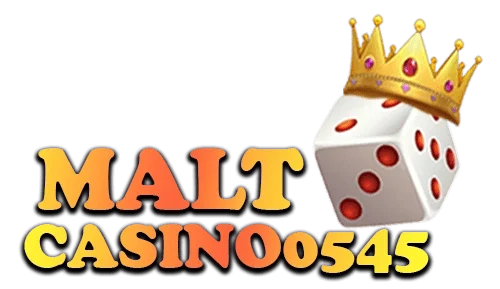Every gaming platform sits between what came before and what comes next. But the PSP holds a particularly interesting place in the PlayStation timeline—it served both as a continuation of beloved franchises and a testbed for new ideas. 카지노커뮤니티 As a result, many of the best games on the PSP operate like bridges. They carry the DNA of classic PlayStation games while experimenting with mechanics, narrative delivery, or structure that would later influence titles on PS3, PS4, and beyond. In this way, the PSP helped PlayStation evolve—not by replacing what came before, but by expanding what could come next.
Franchises like God of War and Gran Turismo didn’t just get watered-down ports—they received thoughtful, standalone entries. God of War: Chains of Olympus and Ghost of Sparta didn’t rehash Kratos’s console journeys—they deepened them. These games explored his motivations, past traumas, and mythological entanglements in ways that enriched the series overall. Likewise, Gran Turismo PSP gave players the thrill of simulation racing on the go, using clever asset management and AI tweaks to retain the series’ integrity. These weren’t just spinoffs. They were essential pieces of the PlayStation mythos, tailored for a different context.
At the same time, the PSP also hosted new experiments. Invizimals, Echochrome, and LocoRoco didn’t rely on existing IP. They played with augmented reality, visual perception, and motion—all areas that would become more prominent in later PlayStation innovation, from PS Move to PS VR. These titles weren’t afraid to be strange, abstract, or risky. And in doing so, they carved space for PlayStation to be more than just blockbuster action. They helped Sony cultivate a brand identity that valued variety, artistic boldness, and technical experimentation.
Today’s PlayStation games are polished, expansive, and cinematic. But many of the ideas that make them feel modern were first tested in simpler forms on the PSP. Whether it was control schemes, dynamic sound design, or hybrid genre experimentation, the handheld platform gave developers a chance to iterate in real time. The best games from that era didn’t feel stuck between generations—they felt like stepping stones. And thanks to their successes, PlayStation was able to walk confidently into its future.
